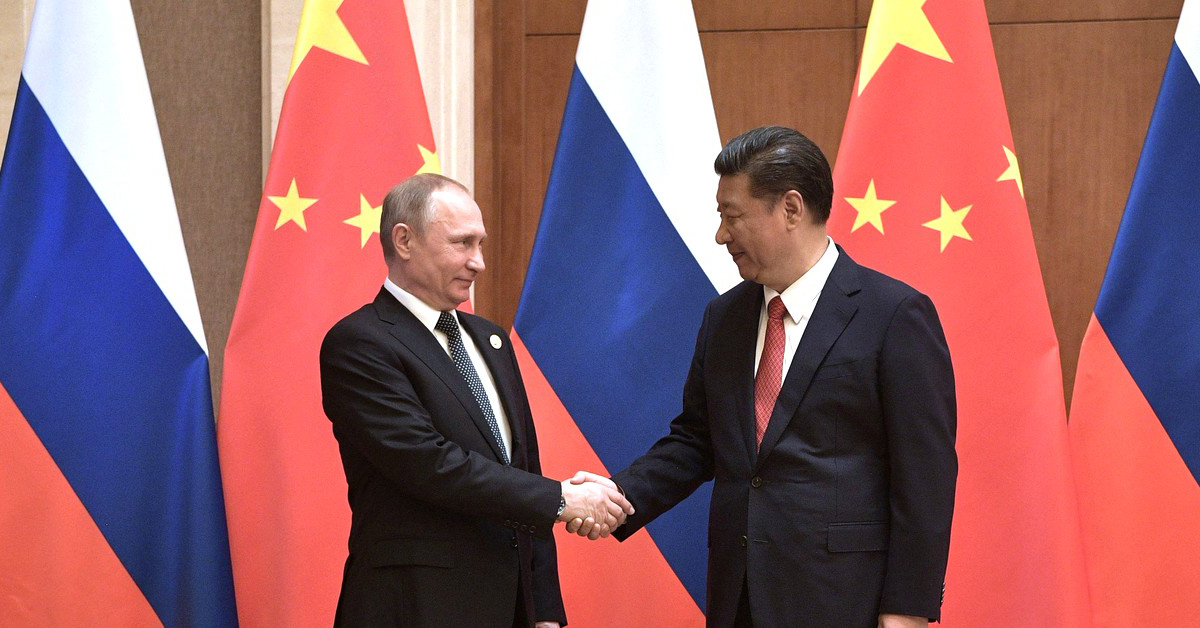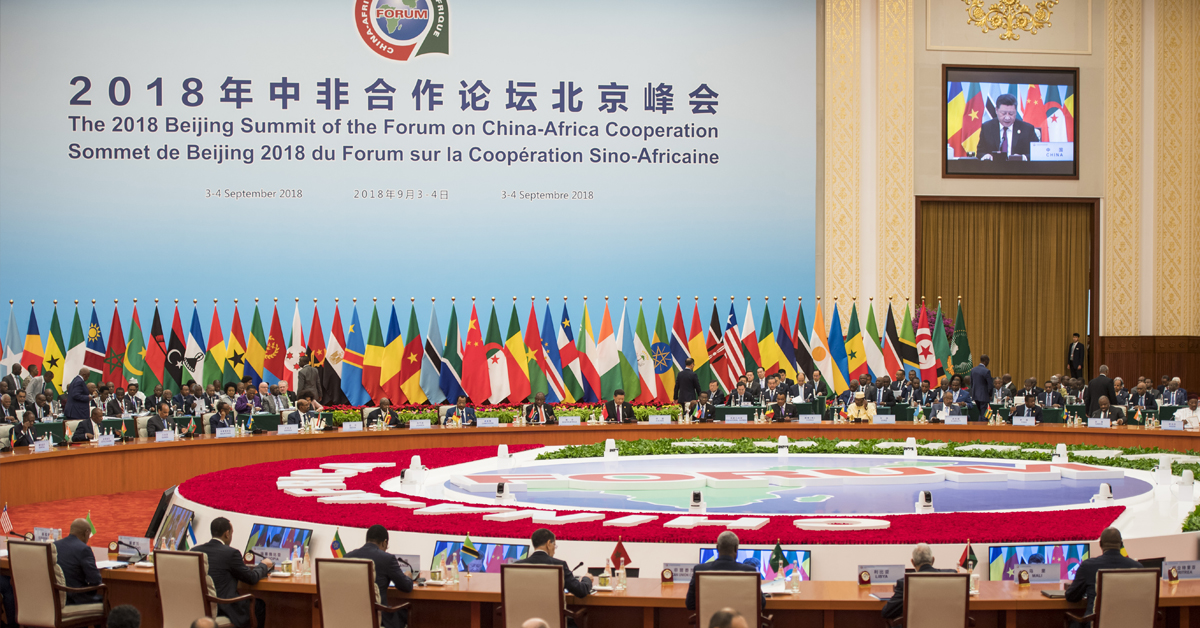This was published by the China Global South Project on 6 August 2021. China Foresight is affiliated with the China Global South Project and regularly provides opinion pieces for the weekly IDEAS China Global South newsletter. Click here to subscribe to the newsletter.
August 1st marked the 94th anniversary of the founding of the People’s Liberation Army (PLA). While CGTN celebrated the occasion with a blockbuster-esque video, showcasing the PLA’s growing military strength and operational know-how, China’s ambassador to South Africa, Chen Xiaodong, used the opportunity to emphasize that promoting closer ties between the PLA and South African counterparts is one of his “major responsibilities.”
Such rhetoric reflects Beijing’s evolving engagement in African security, having conducted 13 joint military drills, 22 naval port calls, and 259 exchanges and dialogues between 2000 and 2016. It also speaks to a larger trend that has consolidated over the last twenty years: the cautious departure from the principle of non-interference in other countries’ internal affairs towards a gradual engagement in security sectors in an attempt to protect China’s overseas interests. According to one study, the PLA was involved in 349 military exercises, 274 naval port calls, and 2,162 senior-level meetings with foreign counterparts from 2003 to 2016.
While the PLA is not a newcomer to the Global South, having for instance supported colonial independence movements in Africa during the 1950s and 60s, the COVID-19 pandemic may herald a more influential role for the PLA in China’s diplomacy going forward.
Starting with the provision of protective equipment to Iran, the PLA provided military medical assistance or donations to 56 countries across Latin America, Africa, Central, South, and South-East Asia between March 2020 and April 2021. According to a recent report by Meia Nouwens from IISS, only two of these cases involved countries that were not a part of China’s Belt and Road Initiative, suggesting that already existing diplomatic ties played a role in shaping PLA engagement. Although the PLA’s precise role in the making of China’s foreign policy remains difficult to pin down, these examples do suggest that military diplomacy will likely become a more important part of China’s overall footprint in the Global South.
Growing military engagement abroad not only follows the opportunity to project power but also responds to an imperative: the protection of overseas Chinese nationals and entities. The latter has become an increasingly important source of regime legitimacy as more and more Chinese citizens expect the government to protect their fellow nationals abroad.
China’s evacuation of over 36,00 citizens from Libya (2011) and the subsequent evacuation from Yemen (2015) set an important precedent in this regard and also demonstrated to the PLA the need to update logistics and training to respond more effectively to overseas contingencies. China’s first overseas military logistics base in Djibouti, which was inaugurated in 2017, represents the logical consequence of these growing obligations: the flag has followed trade, so to speak.
What remains important to point out, however, is that China’s military footprint abroad is easily dwarfed by that of the traditional Western powers. The US, for instance, has an estimated 800 military bases abroad. Scaremongering of a Chinese military takeover is absurd, given the PLA’s small footprint and insufficient logistics capabilities to project sustained power overseas. As a recent report by CSIS cautions, China’s ties with Africa’s security chiefs should not simply be interpreted as a head-to-head competition with the US.
This article gives the views of the author, and not the position of the China Foresight Forum, LSE IDEAS, nor The London School of Economics and Political Science.
The blog image, “Marching“, is licensed under CC BY-NC-ND 2.0.





